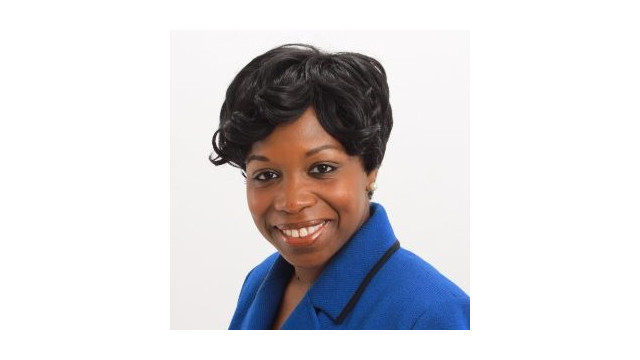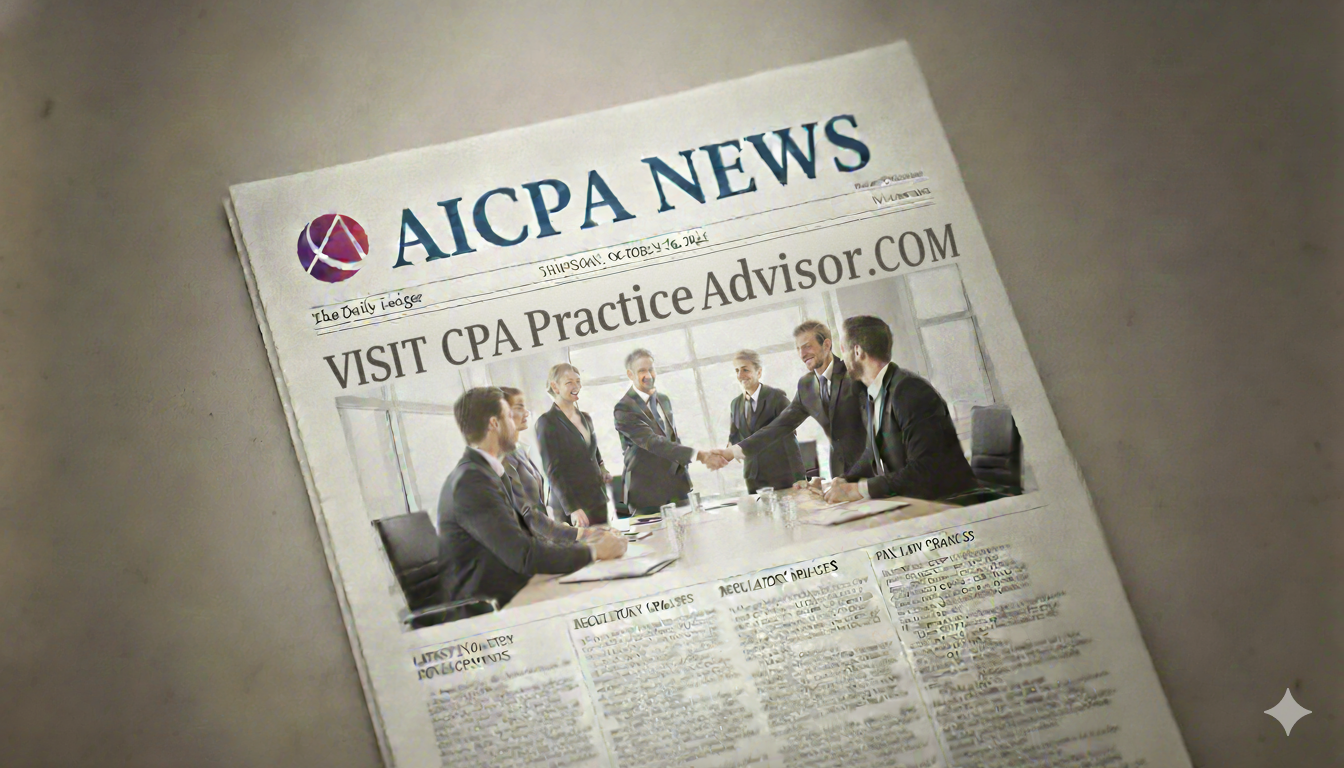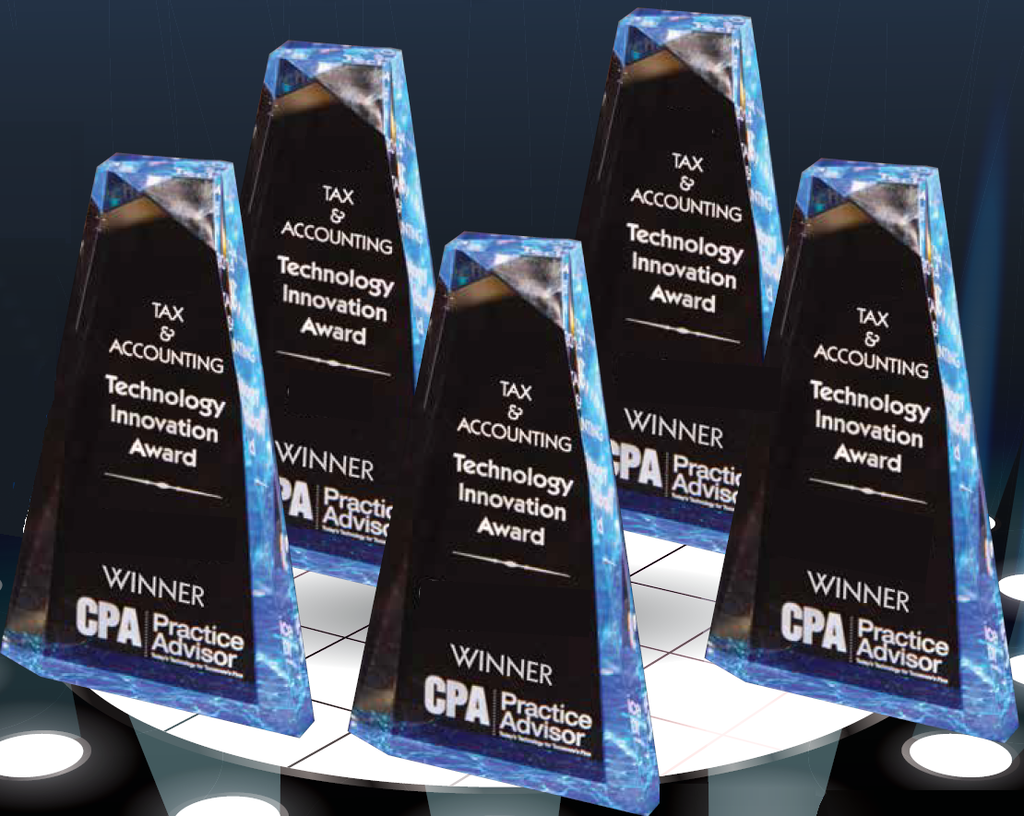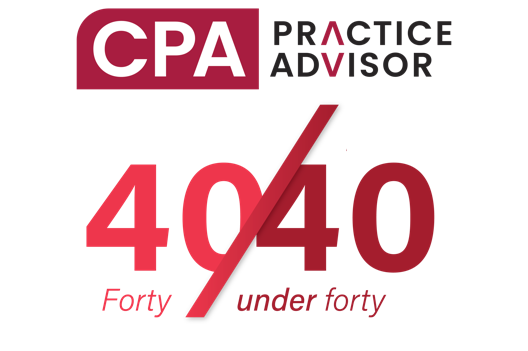Kimberly N. Ellison-Taylor, CPA, CGMA – 2017 Most Powerful Women in Accounting Honoree
Professional Credentials: CPA, CGMA
Employer: Oracle America, Global Accounting Strategy Director
American Institute of CPAs, Chair
Association of International Certified Professional Accountants, Chairman of the Board
Website URL: www.oracle.com www.aicpa.org
Twitter: @ellisontaylor
Degree/Education: Carnegie Mellon University – MSIT, Carnegie Mellon University – Chief Information Officer Certificate, Community College of Baltimore County – Accounting Certificate, Loyola University – MBA, University of Maryland Baltimore County – Information Systems Management/Technical Writing Minor.
- What opportunities do you feel women in accounting have now that they didn’t have when you started in the profession?
Since I began my career there has been a noticeable increase in both the number of women in the profession and the leadership opportunities available to them. In fact, for the last decade or so accounting graduates have been pretty evenly split between females and males, and firm hiring has been trending towards a more even gender split as well. In the past few years, we’ve seen females take on the top jobs at the some of the largest accounting firms in the nation. And as the pipeline of strong female talent continues to advance their careers, I’m confident that female leaders will become ever more prevalent.
- How important is work/life balance and what suggestions do you have for those who are struggling to attain this?
Greater employer awareness of the importance of work life balance and work/life integration is extremely important. For many women, an employer who works to establish a harmonious work/life balance for their employees means they no longer have to choose between a family life and a successful career.
I believe that women need to have a support system to help them navigate the challenges that they have in their lives and prioritize the demands on their time. A support system is not just important at home (for example, planning afterschool activities for your children and sharing childcare duties with your spouse), it is also important at work. And while an increasing number of employers offer flexible work arrangements and allow employees to work remotely, not all do. Therefore, it’s incumbent upon each individual find a way to make their situation works for them. One of the best ways to do that is to develop your own personal board of advisors (comprised of men and women) and understand the challenges that they’ve dealt with and learn from their experiences.
The AICPA has been working to raise awareness among firms of the importance of establishing a work/life balance that works for their employees, because these arrangements are to both the firm and the employee – female or male.
- What is the most difficult part about being a woman in the accounting profession?
While we have made great strides during my time in the profession, research shows that women are still underrepresented at senior leadership levels and that can be discouraging to younger females starting their careers.
That’s one of the reasons that I am a big believer in mentorship programs. I think that women leaders inspire other women – and men – by demonstrating that success can be achieved if you work towards it. During my time as Chair of the AICPA, I’ve traveled around the country and I hope that I’ve been a real-life example to other women in the profession that you no longer have to choose between your family life and a successful career.
- What is the best part about being a woman in the accounting profession?
I’m going to reverse that and say that I think women are one of the best parts of the accounting profession. We’re lucky as a profession to have so many hard-working, talented women driving value in their firms. And the research bears this out. Women in leadership positions are associated with better financial performance, better staff development and have demonstrated great aptitude at building relationships, inspiring and motivating others and cross-team collaboration. In addition, they get high marks for problem-solving, communication and developing innovative strategies.
- How do you see yourself participating in shaping the future of the accounting profession?
We are living through one of the most extraordinary times in history – where the pace of change and innovation is accelerating at a rate we’ve never experienced before. It’s driving far-reaching disruption and transforming how we live and how we work. But with that comes enormous and exciting opportunities for the profession – and we have to seize those opportunities to keep our future as strong and vibrant as our past.
This is central to the work being pursued through the AICPA, as well as the Association of International Certified Professional Accountants. We’re looking at how we as a profession can use technology and big data to enhance the quality of our core services such as tax and audit. And, we’re looking at emerging service areas, like cybersecurity risk management, where CPAs and CGMA designation holders can assert our value and inspire trust and confidence in these new highly demanded areas.
To do all these things, we need to attract and retain the right people with the right skills. And it’s never too early to start educating young people about the profession. That’s why I take every opportunity I can to speak to students – from elementary school all the way to college –about the many doors that the CPA and CGMA can open for them. And I’m also passionate about mentoring those coming up behind me – helping to guide and inspire them to success. Because these are our next generation of leaders.
- Looking back at your career, what would you do differently given the knowledge you have today and how can women who are entering the benefit from that knowledge?
While I knew early on in life that I wanted to be a CPA, my path into the profession was not a traditional one. In college, I majored in Information Systems, because accounting wasn’t an option. Only after I had graduated and entered the workforce did I decide to go back to school at night to get the credits I needed to take the CPA Exam. But looking back, I wouldn’t change a thing. Because the combination of technology and accounting is a powerful thing, and the knowledge and skills I’ve gained in both areas have significantly contributed to my success.
My first piece of advice for anyone entering the profession is first and foremost – sit for the CPA Exam. Those three letters behind your name will be the most powerful statement of your skills, drive and determination. And it will open up so many possibilities throughout your career.
Secondly if you commit to the idea that you never stop learning, you’ll open yourself up to more possibilities than you can imagine. We must always continue challenging ourselves – learning new skills and services – to meet market demand and remain relevant. I’ve never been met with an opportunity that I didn’t immediately say “yes,” to, even if it was out of my comfort zone. Because I’m a firm believer that we achieve our greatest success when we push beyond our boundaries.
Learn more about the 2017 Most Powerful Women in Accounting.
Thanks for reading CPA Practice Advisor!
Subscribe Already registered? Log In
Need more information? Read the FAQs




